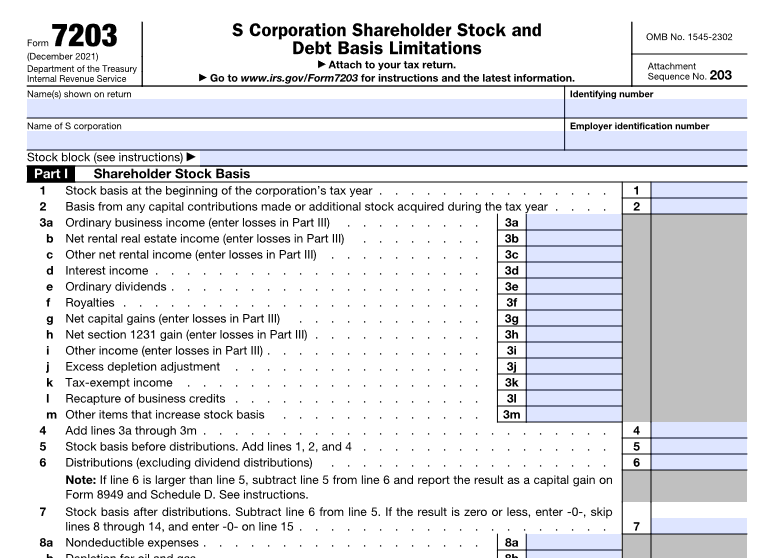Dawn Hatch lives in the San Francisco area and is on a mission. “We noticed our unique neighborhood was going away, with vacant spaces due to small retail businesses shutting down, sometimes after only six months. A lot has to do with the rising price of rent and labor,” said Hatch, but she realizes that many businesses aren’t successful because they don’t realize or understand all of the back office intricacies of running a business. “If they don’t grow, we don’t grow – we wanted to find out what we could do to help empower them. We learned that can take a lot of the back office off of them, so they can concentrate on customers and product.”
Hatch knows firsthand how entrepreneurs can start a business based on their passion without understanding the nuts and bolts that are required to keep the business running. “I got into accounting because my brothers started a business – it was trial by fire as we all jumped in and learned as we went.”
Content Sponsored by Xero.
The retail field covers a lot of territory, but Hatch notes that there are characteristics shared by most retailers that can really benefit from the expertise of accountants, particularly those focused on the retail field. Costing, cost centers, inventory, sales tax, staffing, scheduling, to name a few. In addition to the obvious day-to-day accounting needs, Hatch places a lot of emphasis on planning and budgeting with her clients. “We always ask, ‘Where do you want to go?’”
“A lot of retailers jump into it and they don’t know the questions to ask,” said Hatch, who is the principal, founder, and lead advisor at San Francisco-based MATAX, a full service cloud bookkeeping firm specializing in, among other things, small retail businesses. “Our retailers are all on the creative side – textiles, clothing, small artsy note cards, calendars, accessories, jewelry.” One might wonder if that right-brain creativity is an obstacle to running a successful business. “Actually, these entrepreneurs are used to thinking outside the box, they gravitate toward the new and unusual.” It has turned out to be a good fit for Hatch who recommends her small business clients use Xero as their base accounting software but then her firm customizes their accounting software for the best possible solution.
Hatch recommends that accountants who want to improve their base of retail clients start by narrowing the field to particular verticals within the retail space like she has done with her creative artisan retailers. “Don’t take on retail clients if you wouldn’t visit their store or purchase their wares,” she cautions.” You really have to be interested in the person and product and what they’re spending their whole life doing.”
Bruce Phillips is the founder and CEO of Atlanta-based HPC, although Atlanta just represents a mailing address these days as all employees are remote and the firm’s clients are worldwide. His cloud-based business is a perfect fit for retail entities (representing about one third of his clients) because, “more so that other types of businesses, they exist in the cloud. Transactions are electronic as a general rule. It doesn’t matter where we are – we’re a virtual company.“ HPC’s focus is on retail in general and specifically those selling products through multiple channels including Amazon, their website, Shopify, PayPal, and more.
“The whole nexus issue – with multistate sales and income tax – is complex and it can be expensive too,” said Phillips. By specializing in retail, HPC has been able to develop expertise that goes far deeper than accounting. “We’re also very good helping with structure, consulting, and administration including registrations. And retail clients need an inventory system.” Phillips has noticed that as his clients grow, they need software solutions that can grow with them. His cloud-based service relies on Xero because of how it syncs with business apps that allow HPC to custom fit the back office needs to the particular business.
“Many people start a retail or ecommerce business as a way to be virtual or self sufficient. They might start it on the side,” said Phillips. At HPC, the staff members evolve along with the firm’s clients – they focus on different roles so that they can learn their areas in depth. “From bookkeeping to accountants to CFOs, they all have their own niche. They know inventory systems, challenges, sales tax, nexus, reporting, KPIs (Key Performance Indicators) – it’s an evolution, we keep tweaking it.” His recommendation to accountants wanting to begin offering services to retail clients or expand their services is to start by developing an understanding of the complexities involved in the retail area.
Thanks for reading CPA Practice Advisor!
Subscribe Already registered? Log In
Need more information? Read the FAQs




